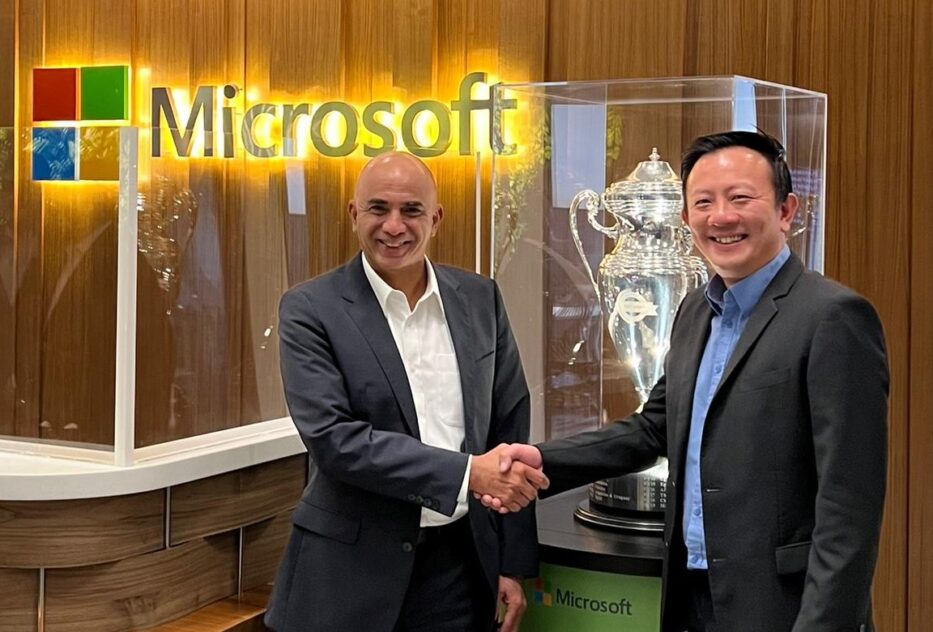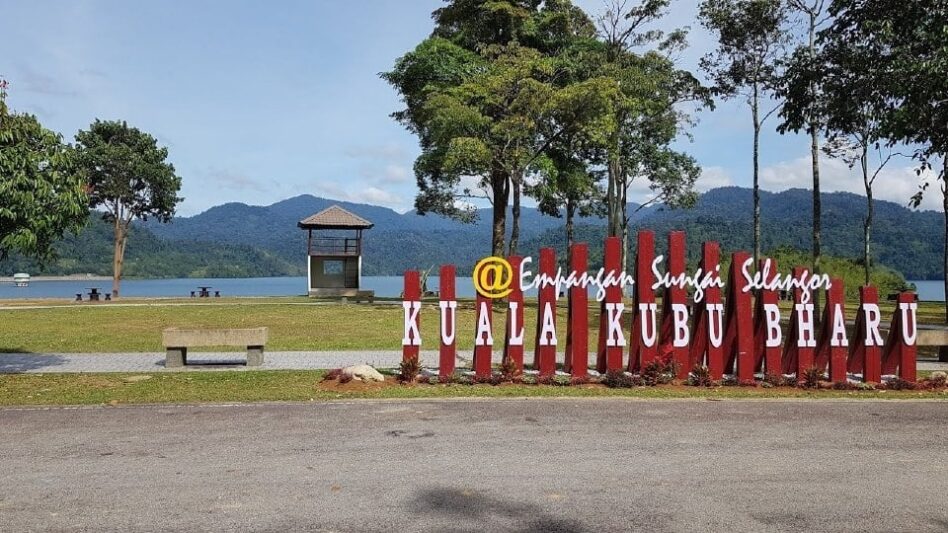By Devanesan Evanson
“THE fault, dear Brutus, is not in our stars, but in ourselves, that we are underlings” (Julius Caesar, Act I, Scene III, L. 140-141).
In Shakespeare’s play Julius Caesar, Cassius, a Roman nobleman, said this to his friend, Brutus, when he is trying to persuade Brutus to stop Caesar from becoming a monarch in the best interest of public.
In a nutshell, this means that men are the masters of their fates, people are in charge of their own destiny. They can succumb to someone else’s rule, or they can make their own choices.
Some shareholders may have been caught in a similar situation when they took positions hoping that a privatisation of Boustead Holdings Berhad (Boustead) may happen at an indicative price of 80 sen. But it did not materialise.
That Boustead needs to be restructured is a given; there is consensus on this at both the Lembaga Tabung Angkatan Tentera (LTAT) and Boustead level. However, there is no one right answer as to how to restructure Boustead group of companies. Back then, privatisation was an option that was being mulled by LTAT.
What followed was the market talk of a privatisation with several offer prices being bandied about.
LTAT did the right thing in announcing that privatisation was an option being considered by the LTAT board and that the indicative offer price was 80 sen per share.
This announcement was the responsible thing to do to ensure a fair and orderly market for Boustead shares. Otherwise, rumours would abound where there is a vacuum of information.
When LTAT announced that it was mulling privatisation at an indicative price of 80 sen, there was a natural tendency for Boustead’s share price to rise closer to the indicative offer price.
This is a natural market reaction as some would have seen possible arbitrage opportunities. The minority shareholders were aware that privatisation was only an option being considered and that the offer price of 80 sen per share was only indicative.
The shareholders who chased the price closer to 80 sen were speculating that the privatisation offer would materialise; their risk appetite allowed them to do so.
Meanwhile, there were other shareholders who were aware that it was not a firm offer, not a ‘done deal’, and did not speculate on the possibility of the privatisation offer being made at 80 sen per share; they refrained due to their risk appetite.
So, if at all minority shareholders have been adversely affected by the abandoning of the privatisation option, it was a result of their risk appetite, the risk that they were prepared to take, with their eyes open.
The aborted plan
The decision not to privatise Boustead must have been taken after much thought, deliberation and discussion at the LTAT level and in consultation with Boustead.
One of the reasons given for withdrawing the privatisation option was the current continuing depressed market conditions which would not have been foreseen at the time of considering the privatisation option. Circumstances change and decisions change accordingly.
The changing of the CEO-guards at both the LTAT and Boustead levels could have also contributed to different opinions.
The end-result was the abandoning of the privatisation plan and adopting an internal restructuring option; there is consensus by both LTAT and Boustead that this is the best option.
MSWG is neutral on the choice of the option as there is more than one way to restructure a company. Through the combined wisdom of the boards of LTAT and Boustead and their respective managements, it has been decided that internal restructuring is the best option and there is no need to second-guess the decision.
It took nine months to come to the decision of aborting the privatisation proposal, which is understandable, as no one could have foreseen how long the current pandemic situation would persist along with the various types of lockdowns.
Furthermore, the privatisation decision was not a straightforward decision for LTAT given its interest in five PLCs (including a bank and three are held via Boustead). All decisions would have widespread ramifications.
The saying “act in haste, repent at leisure” is typically a warning that means “if you make a hasty decision, you’ll have plenty of time to mull over your mistake later’; maybe LTAT was wary of this saying and took their time to make a decision.
As a holding company, Boustead has also a persuasive say in the selection of the respective CEOs and C-suites of its listed subsidiaries. This persuasive say must be expressed through the boards of the listed subsidiaries.
Getting the right members of the boards and the C-suite executives, as well as being transparent, would definitely put the group on the right track towards a restructured Boustead group.
In addition, another takeaway from the Boustead episode is that there is no such thing as a done deal when they tell you it is not a done deal; speculate at your own risk.
On another note
On Feb 19, 2019, Boustead announced that it planned to dispose the Royale Chulan Bukit Bintang Hotel in Kuala Lumpur for RM197 mil to SGX-listed Hotel Royal Limited. The sale and purchase agreement was signed on Mar 15, 2019, and then an announcement on the revised appraisal value of the asset by the valuer on Mar 19, 2019.
On Dec 30, 2020, Hotel Royal Limited, announced that the purchase price of the hotel has been revised to RM177.3 mil from the RM197 mil announced earlier. However, this revised price has not been announced by Boustead.
Technically, there may not be a need to announce the revision on grounds of materiality under the Bursa Securities’ Listing Requirements. But it is a good corporate governance practice for the Board to keep shareholders updated if there are changes to earlier announcements. – Mar 1, 2021
Devanesan Evanson is the CEO of the Minority Shareholders Watch Group (MSWG)
The views expressed are solely of the author and do not necessarily reflect those of Focus Malaysia.










